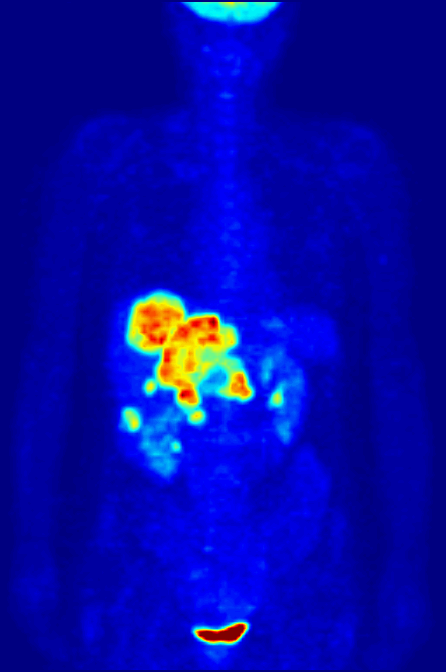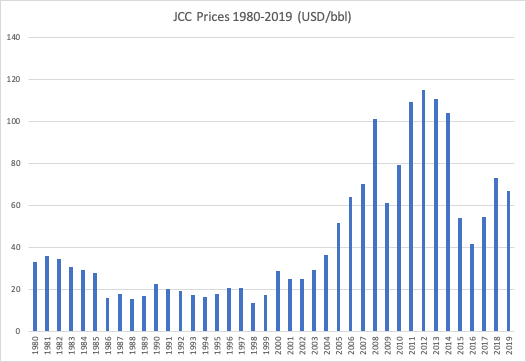Liso-cel Shows Promising Efficacy in Relapsed Marginal Zone Lymphoma

Lisocabtagene maraleucel (liso-cel), marketed as Breyanzi, has demonstrated significant and durable efficacy in patients with relapsed or refractory marginal zone lymphoma (MZL), according to findings from the TRANSCEND FL trial, a phase 2 study conducted by Bristol Myers Squibb. The results were announced on June 16, 2025, ahead of a scheduled presentation at the International Conference on Malignant Lymphoma (ICML) in June.
The study reported an overall response rate (ORR) of 95.5% among evaluable patients, with 62.1% achieving a complete response (CR). At median follow-ups of 23.8 and 24.5 months, the 24-month progression-free survival (PFS) and overall survival (OS) rates were 85.7% and 90.4%, respectively. These results underscore the potential benefits of liso-cel as a one-time therapy that could significantly enhance patient outcomes in a disease that has limited treatment options.
Dr. M. Lia Palomba, a lymphoma and cell therapy specialist at Memorial Sloan Kettering Cancer Center, noted the urgent need for transformative therapies in MZL, where the median OS post-multiple therapies ranges from three to five years. "Liso-cel achieved high, lasting response rates in patients with relapsed/refractory MZL, underscoring the potential of this one-time therapy to significantly improve patient outcomes," she stated in a Bristol Myers Squibb news release.
The TRANSCEND FL trial originally enrolled 139 patients with relapsed or refractory indolent non-Hodgkin lymphoma. Participants underwent leukapheresis for liso-cel manufacturing, followed by a conditioning regimen of fludarabine and cyclophosphamide before receiving the CAR T-cell therapy. The safety profile of liso-cel remained consistent with prior reports, showing low rates of severe cytokine release syndrome (CRS) and neurological events.
According to the data, any-grade CRS occurred in 76% of patients, but only 4% experienced grade 3 events, with no grade 4 or 5 occurrences. Additionally, neurological events were reported at rates of 33% for any grade, with 4% being grade 3. No new safety signals were observed, confirming the therapy's favorable risk profile.
The significance of these findings is accentuated by the current landscape of treatment for MZL, where patients often face limited options after multiple lines of therapy. The findings from the TRANSCEND FL trial not only provide hope for improved outcomes but also indicate a shift towards innovative treatment modalities that leverage the capabilities of CAR T-cell therapies in hematological malignancies.
As the medical community awaits further detailed data presentations at the ICML, the implications of liso-cel's efficacy extend beyond clinical practice, raising discussions about the future of CAR T-cell therapy applications in various types of lymphomas and the potential for broader access to such transformative treatments for patients worldwide. The growing body of evidence supporting liso-cel's effectiveness may pave the way for regulatory approvals and enhanced patient access, addressing a pressing need in the oncology landscape.
Advertisement
Tags
Advertisement





